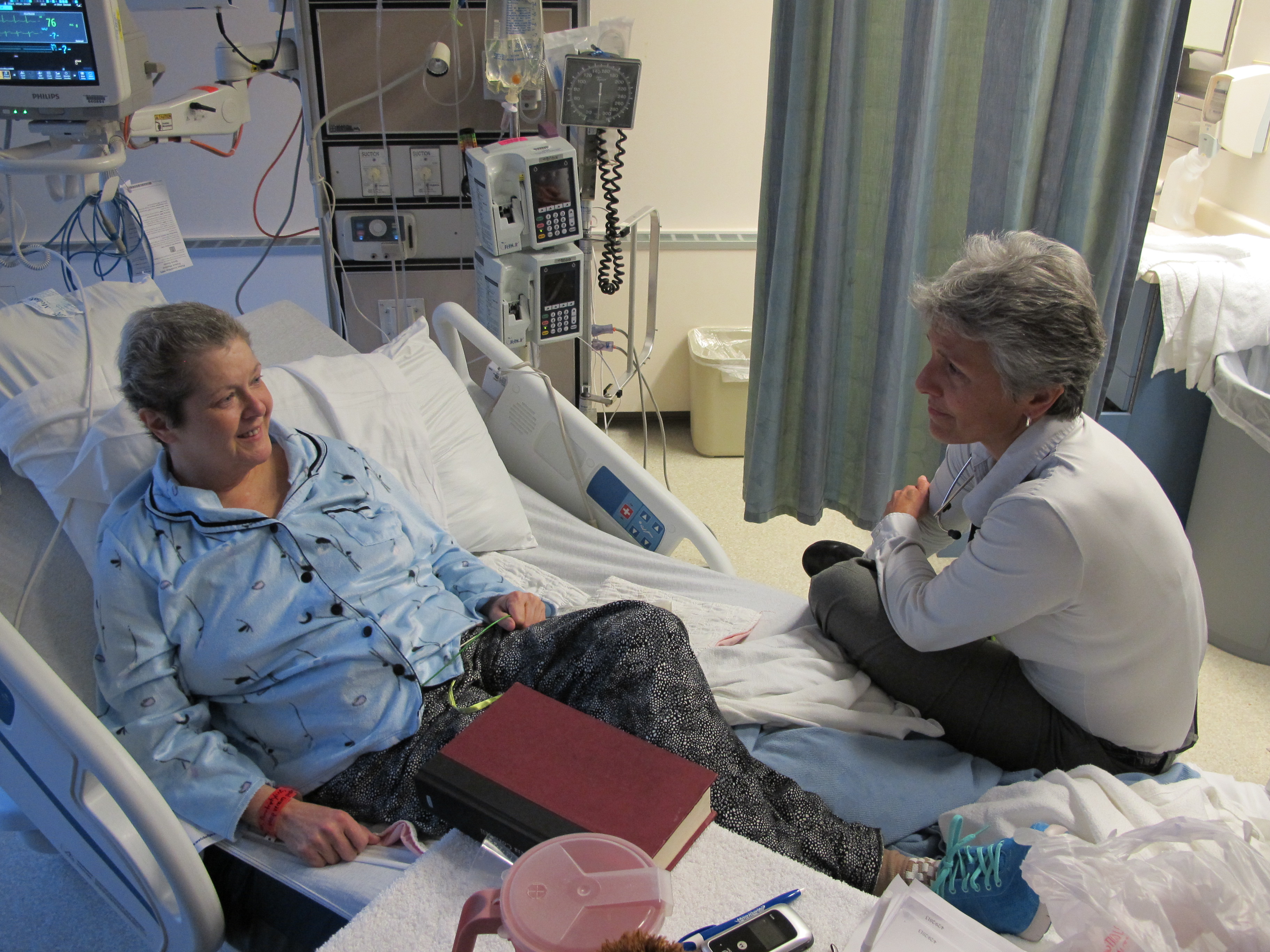Dr. Jillian Woodruff
Suicide warning signs and prevention | Line One
On this Line One, host Dr. Jillian Woodruff and her guest discuss signs and share resources for suicide prevention.
Maternal health in rural Alaska | Line One
From 2012 to 2021, pregnancy-associated deaths in rural Alaska almost tripled, dramatically outpacing the increase seen in urban areas.
Line One: The intersection of pharmacy and herbal medicine
What role does herbal medicine play in a pharmacist’s practice and how do these two approaches coexist? We explore those questions on this Line One.
An expert guide to medical weight loss | Line One
While many services and products advertise quick fixes, medical weight loss offers a science-backed approach to achieving a healthy weight.
Your skin is the window to your body’s health | Line One
On this Line One, Dr. Jillian Woodruff and her guest discuss how to care for your skin and keep the window to your internal health open.
Candid conversations on Sex Therapy | Line One
On this Line One, Dr. Jillian Woodruff and her guest discuss how sex therapy can strengthen connections, enhance communication, and revive intimacy.
Unveiling common skin conditions | Line One
Join host Dr. Jillian Woodruff on this Line One, as she and her guest discuss the science of skin, and how to care for it.
Plant-powered health in Alaska | Line One
On this episode of Line One, host Dr. Jillian Woodruff and her guests discuss the benefits of a plant-based diet and naturopathic medicine.
Managing and treating uterine fibroids| Line One: Your Health Connection
What causes uterine fibroids, and how can they be managed or treated? We answer these and more questions on this Line One.
Endometriosis and self-advocacy in medicine| Line One: Your Health Connection
On this Line One, host Dr. Jillian Woodruff and her guest explore the intersection of endometriosis and self-advocacy in medicine.
Line One: A personal journey through breast cancer diagnosis
Host Dr. Jillian Woodruff hears a personal story from her guest, Angel Wallis, about navigating a breast cancer diagnosis.
Line One: Treating and detecting breast cancer
Breast cancer is a complex and wide-ranging class of cancer, with many different types, treatments, and detection methods, but as with any cancer, it’s best to catch it as early as possible. October is breast-cancer awareness month, but monitoring for the signs and preventing risk is a year-round job. On this Line One host Dr. Jillian Woodruff and her guest discuss screening for, and treating, breast cancer.
Line One: Back to school mental health for teens
As a new school year begins, students, particularly adolescents face a range of emotions and challenges. Academic pressures, peer pressure, body image and self-esteem issues, performance anxiety and bullying are just a few of the challenges that students can encounter. According to the National Institute for Mental Health approximately 20% of adolescents experience mental health disorders, typically beginning around age 14. On this Line One, host Dr. Jillian Woodruff explores the most common mental health disorders that affect adolescents, the crucial evaluations that help identify these issues, and the diverse range of treatments that can make a positive impact on their lives.
Line One: DNA Testing and Genetic Counseling
Genetic testing provides valuable information for patients and families about the risk of developing certain cancers, known diseases OR, whether someone is a carrier of a genetic disease. Testing encodes the small traits of our DNA which can help us to prepare for or prevent future health issues. How does this information empower people and What role do genetic counselors play in medical decisions? Join host Dr. Jillian Woodruff as she explores these topics on this episode of Line One.
Line One: Navigating medical emergencies and hospital stays
Emergency Departments are known for management and stabilization of critical patients, but the transition to inpatient hospital care and later discharge are another critical part of the process. Hospitalist and emergency department physicians collaborate to provide 24-hour care to patients in emergency situations. On this Line One, Host Dr. Jillian Woodruff unlocks the secrets of emergency care.
Line One: Talking to youth about substance use
Today’s youth are constantly bombarded with the allure of harmful substances on social media. The highlight reel nature of social media misses the stark impacts that drugs and alcohol can have on us. On the next Line One, host Dr. Jillian Woodruff dives into the struggles that young people experience, with a conversation aimed at seeking compassion, and building trust.
Line One: Autonomy during end-of-life care
Palliative care serves patients with serious illnesses, focused on maintaining a patient’s best quality of life while managing treatments and supporting the family. In contrast, hospices navigate the care of a person typically with a life expectancy of less than 6 months. They manage pain, unwanted symptoms, and improve the quality of their remaining time. When does one need to make decisions about their medical future? Join host Dr. Jillian Woodruff as she discusses this with her guests on this episode of Line One.
Line One: Brain Injury Awareness and Teamwork Rehabilitation
Traumatic brain injuries or TBIs occur with more frequency than we are aware and the lasting effects are also high; not every injury is apparent thus many go undiagnosed and don’t get the services and treatments needed to heal. TBIs bring hundreds of Alaskans to our major medical centers each year and can be the result of accidents or medical conditions such as seizure or stroke. On this episode of Line One, Dr. Jillian Woodruff MD explores how to prevent and treat TBIs.
Line One: Infertility treatments new to Alaska
Approximately 1 in 5 heterosexual couples struggle to achieve pregnancy after 1 year of trying to conceive in the U.S. Only 12% of women use fertility services to receive help conceiving a child. In Alaska we have not had access to specialized assisted reproductive procedures that are now available. What are the causes of infertility? When should you see an infertility specialist? What help is available to achieve pregnancy? Dr. Jillian Woodruff and her guest share these answers with you to help achieve a healthy pregnancy.
Line One: Thriving with HIV/AIDS in Alaska
HIV/AIDS diagnoses have decreased by 8% in the US. In Alaska there are approximately 700 people living with this disease. By decreasing the associated stigma and shame we can better serve those living with the disease while continuing to decrease and eliminate its incidence.




















